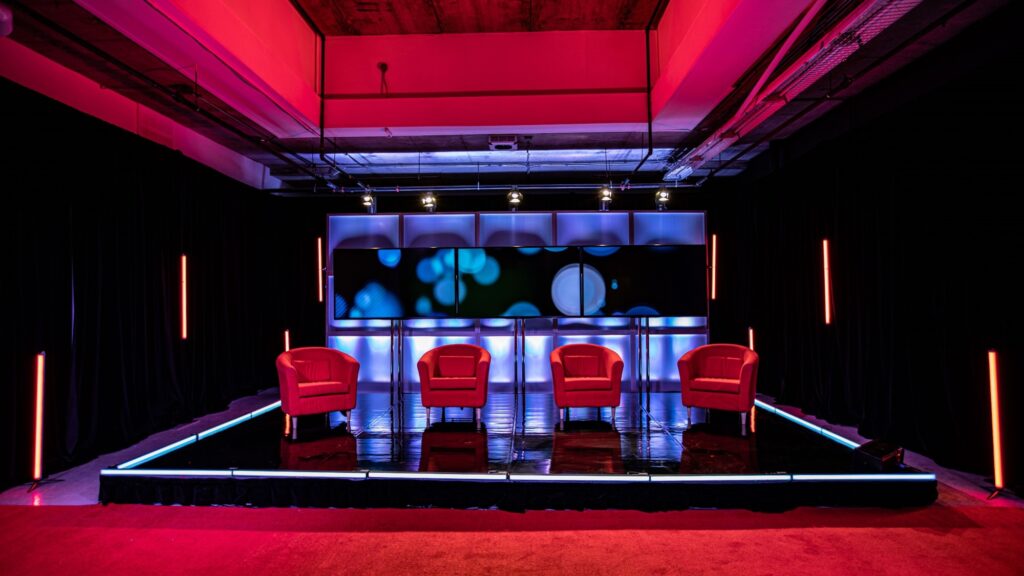I have recently been reflecting on the belief that learning has to be counter-intuitive. I go back to my assessment committee’s statement of not being able to learn anything new from my work. In a previous blog post, I questioned this premise based on the lens through which the learning was taking place. How can we learn anything new when we have fixed ideas of what learning looks like? In the academic world but also more generally in what we perceive as learning, there is a popular idea that learning has to be counter-intuitive, that it has to shake up a belief in favor of a different belief. What we thought was X is actually Y. The learning that I examine in my own work is intuitive learning, which is in fact a type of learning that reveals what you always already knew but was hidden. The belief shake up takes place but does not get replaced by a different belief. What we thought was X is questioned, and that unlearning process dusts off an inherent intuition. In this way, the assessment committee’s claim of not learning anything new is true – no new belief was offered in this work, no new strategy. Even my concluding idea that dissonance can be a trigger for a learning process was not outlined in a clean 10-step program. In fact I did the opposite, nuancing each learning experience to show that this is one of many paths, preventing from privileging one belief system as the desired learning outcome and keeping the focus on the (un)learning process.
I am just one of many people who are shining a light on intuitive knowledge. While the insights from counter-intuitive learning are interesting, they risk promoting a dependence on a belief system. This is because one belief is countered with another, which presents itself as a higher truth. This makes it tempting to give more power to the belief than to your own powers of investigation. Maybe that is why this has gotten so popular and prevalent in academia – the knowledge is attached to the person who delivers it. This is played out in the citation game, where academics get points every time someone else cites their work. I am not denying the impact that scholars have made through their research, but as with so many things in the world these days, we have gone too extreme to the side of knowledge ownership, in my case being powers that decide what learning should look like or feel like. The trend of counter-intuitive knowledge, interesting as it may be, perpetuates this power dynamic. It allows for knowledge (and therefore power) to be concentrated in the minds of the few.
And just like other concentrated power structures currently in the process of being dismantled, this one is being shaken up as well, or at-least it has in my world. Ironically, by not receiving the acceptance of the power structures as to what constitutes knowledge, I grew empowered to share my work even more. This is not an act of revenge but of rewriting the script. Even though the assessment committee would have preferred a different narrative, I could not give them that storyline. It was my intuitive knowledge, the very thing I was writing about, that I trusted the most. My own experience transforming dissonance and being a facilitator of that process for others guided my way. This, I felt, was the truest form of empirical research that I could offer. As it turns out, it was also the way to call back my own power. And this is not just my own experience, but I saw this in my students as well. After they cleared the fog of the dissonance reduction strategies, they were able to feel their feelings and connect to their own intuitive knowledge. The learning process was revealing and unveiling, instead of adding more knowledge.
This of course is not an easy learning process, because we have years of conditioning in school where the teacher tells you what you should learn and how you should learn it. This works in technical subjects, but social dynamics, group processes, reflections on democratic decision-making are not traditionally a classroom focus. The students who come into my classroom have to swim in the uncertainty of not getting their knowledge from a perceived authority, a challenging process because it requires questioning the conditioning around learning. Those who manage to do so go through a process of detaching from a knowledge dependency. They are in fact learning how to be responsible, without strategies or moral guidelines, but the responsibility that comes with connecting with your own thoughts and feelings, rather than depending on external belief systems. This is the power that is being called back, the power to know and trust our own intuitive learning processes. By becoming aware of our habits and conditioning, we are less likely to be manipulated, tempted by conditioned notions of success or happiness. We become less dependent on learning counter-truths in order to gain knowledge and start to give more power to our own intuition, our own knowing. As I see it, this is the shift from ‘power over’ to ‘power within’ that has a great potential in changing how we relate to each other in the classroom and beyond.

